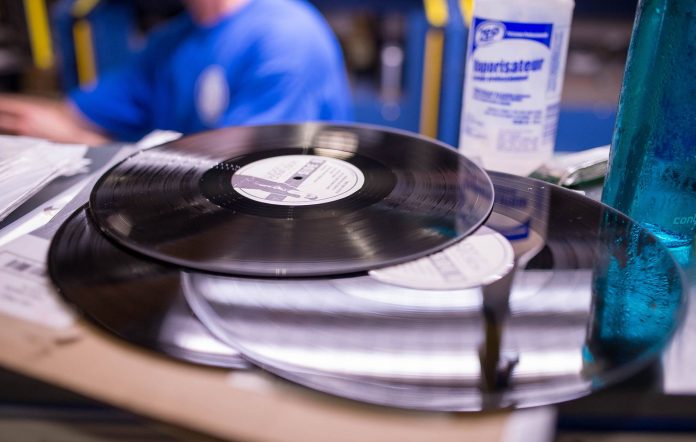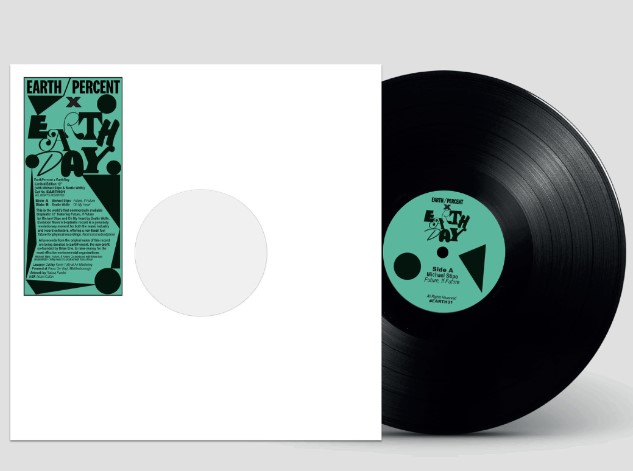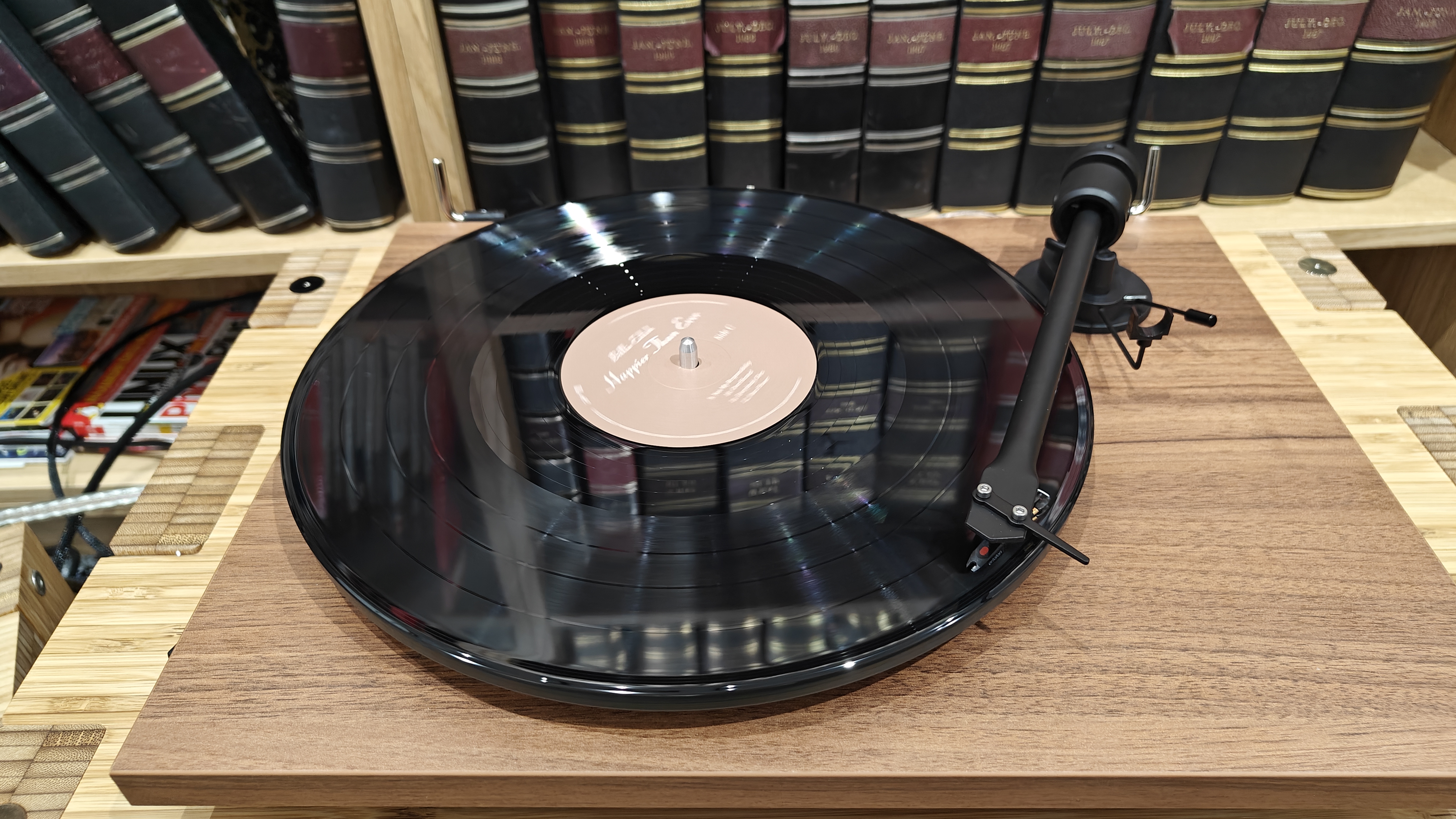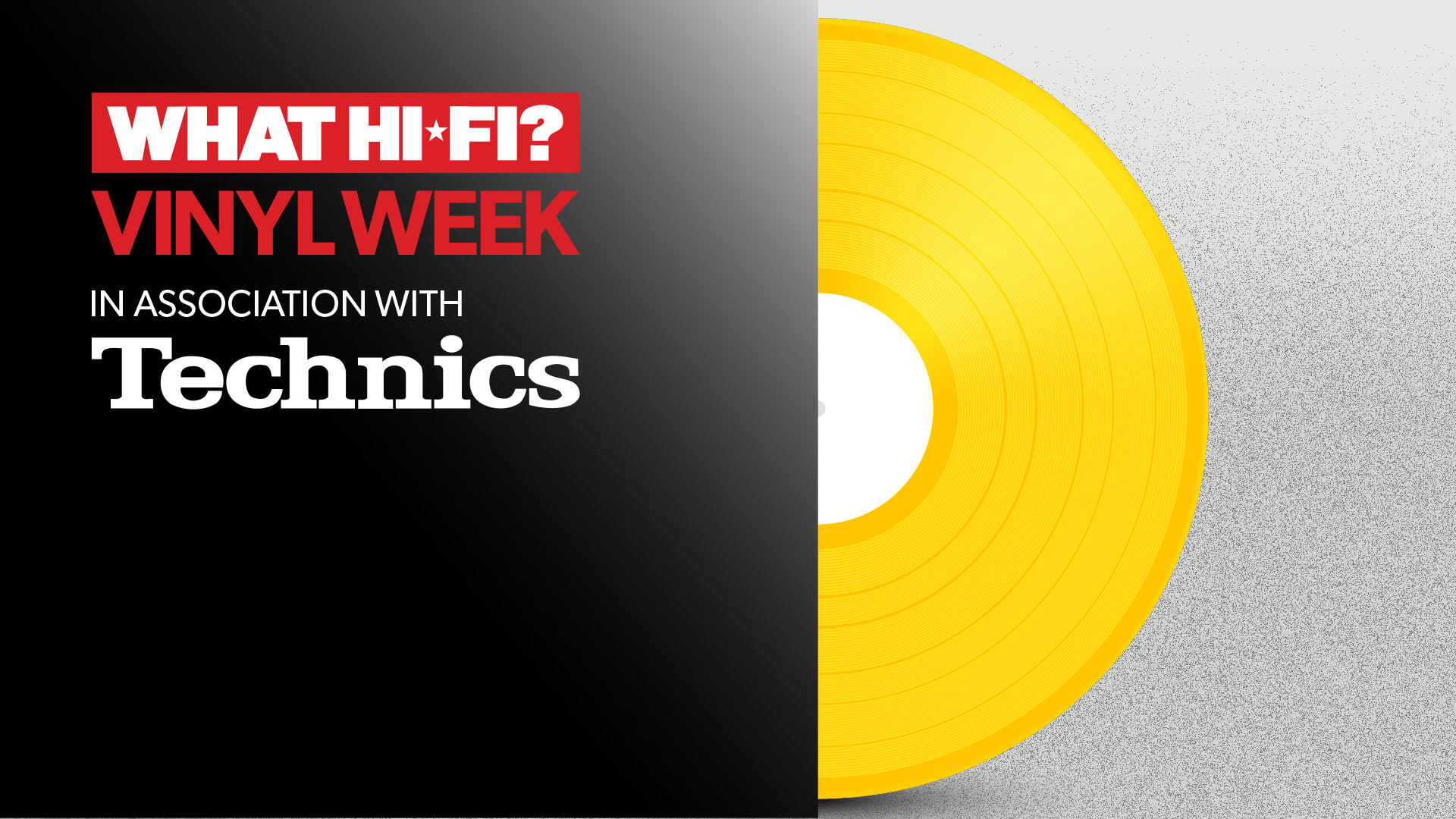Now that vinyl record sales are on the rise, is there a more sustainable way to manufacture them?
Vinyl is great for music, but it ain’t good for the environment

When you are on the hunt for a highly anticipated album on vinyl or for your favourite nostalgic listen, sustainability is unlikely to be the first thing on your mind.
And that’s fair enough; getting your hands on new music is understandably more at the forefront (and we hope audio quality is in there, too.)
Sales for vinyl records in the UK rose by an impressive 10.5 per cent to £196m in 2024 according to the Digital Entertainment and Retail Association. That equates to 6.7 million vinyl records sold.
In the US it’s a similar story, with vinyl making almost three-quarters of the year’s total physical format revenue ($2bn) according to the Recording Industry Association of America’s 2024 annual report. That’s a whole lot of records.
Vinyl records are made of PVC, a cheap and durable material commonly used for building such things as pipes and signs; but Greenpeace says it is the single most environmentally damaging of all plastics.
While its flexible quality is great for records and building material, it is toxic at all stages of its life. On top of all that, a key ingredient is oil – a fossil fuel.
When PVC gets thrown away (although we hope you aren’t dumping your record collection!), it's more difficult to recycle than your average plastic.
Get the What Hi-Fi? Newsletter
The latest hi-fi, home cinema and tech news, reviews, buying advice and deals, direct to your inbox.
You cannot recycle it from home, so anything made of PVC must be taken to your local tip or recycling centre.
Taking all this into consideration, it is not really a surprise that many artists and manufacturers are keen to find an alternative.
From recycled materials to completely new ones, there is a rising market for sustainable records. Below we have highlighted some of the most prevalent ones right now.
Testing out bio-plastics

Using a different kind of material to replace PVC is a good way to make records more sustainable, with bio-plastics – plastics made of biodegradable materials that come from renewable sources – proving to be one of the best routes to go down.
More and more labels, manufacturers and artists are choosing to invest in this emerging market. Speaker manufacturer PMC, for instance, recently invested in a brand named Evolution Music Ltd. which is behind the development of Evovinyl, a plant-based alternative to PVC.
Evolution Music’s CEO and founder, Marc Carey, says that “creating more sustainable options have to be the way forward.”
Carey decided to create this new bio-plastic material from the ground up after researching sustainable alternatives for years because “the right options were not there.” He wanted to create a “non-toxic supply chain equivalent to PVC, but without changing the manufacturing process for the compound.”
Evovinyl is made from sugar cane, which has the great benefit of being compostable, more sustainably produced and far less impactful to the environment.
This is partly thanks to it pressing at a lower temperature than regular vinyl, therefore being less energy intensive. Even the cycle time is faster, and it has anti-static properties.
You might be wary of the longevity of the alternative material, but it should last the same amount of time on shelves as standard vinyl.
But does it make a difference to its sound? While we have not had a chance to listen to it ourselves, Carey says Evovinyl is “no different to PVC” in terms of sonic performance.
While producing it is “slightly more expensive”, Carey says Evovinyl does not really affect the overall price of the record.
This is far from the only experimentation with bio-plastics that’s going on in the music industry. Artists such as Billie Eilish and Coldplay have released some of their albums on Biovinyl, another alternative material made from bio-based PVC using cooking oil or industrial waste gases.
Taking old and making it new

Another method to avoid manufacturing records from toxic PVC is by using 100 per cent recycled materials to create a spanking new product.
This is usually done by reusing the leftover material from previous pressings in the factory and turning it into new creations.
Going back to Billie Eilish, the 23-year-old artist released her second album Happier Than Ever on recycled vinyl (or ReVinyl) back in 2021.
This is said to be comparable to coloured vinyl records in terms of sound performance (which is to say, not quite as good), but we wanted to give it a listen first-hand.
We got hold of Eilish’s album in recycled form, but have a caveat to reveal before we get into the sonic quality.
She produced the album only in ReVinyl, so we don’t have a direct vinyl comparison to listen to. We do, however, have the track on Tidal, which is as close as we can get.
When listening to the eponymous song Happier Than Ever on the ReVinyl record, we pick up on a fair bit of crackle during the opening quiet moments.
What is more noticeable, though, is the track’s emotive balance between vocals and instrumentals.
It feels much more authentic compared with the Tidal version, giving an impressive blast of bassy drums as the second chorus kicks in.
While we don’t have a comparison with regular vinyl, this pressing feels nicely balanced even with pops and crackles in the softer songs.
Even though we have highlighted above a few ways vinyl records are becoming more sustainably produced, there is still a long way to go.
Artists still release multiple variants of the same vinyl, with different art or colours (we're looking at you, Taylor Swift), and the majority of them are yet to release music on sustainable PVC.
We can only wait and see if those involved in every stage of the manufacturing process decide to make a change and move towards an eco-friendly vinyl production.

MORE:
Here are the best turntables we recommend
This vinyl and CD recycling scheme is rebooting in the UK
And check out the best turntable accessories for better vinyl sound
Robyn Quick is a Staff Writer for What Hi Fi?. After graduating from Cardiff University with a postgraduate degree in magazine journalism, they have worked for a variety of film and culture publications. In their spare time, Robyn can be found playing board games too competitively, going on cinema trips and learning muay thai.
You must confirm your public display name before commenting
Please logout and then login again, you will then be prompted to enter your display name.

